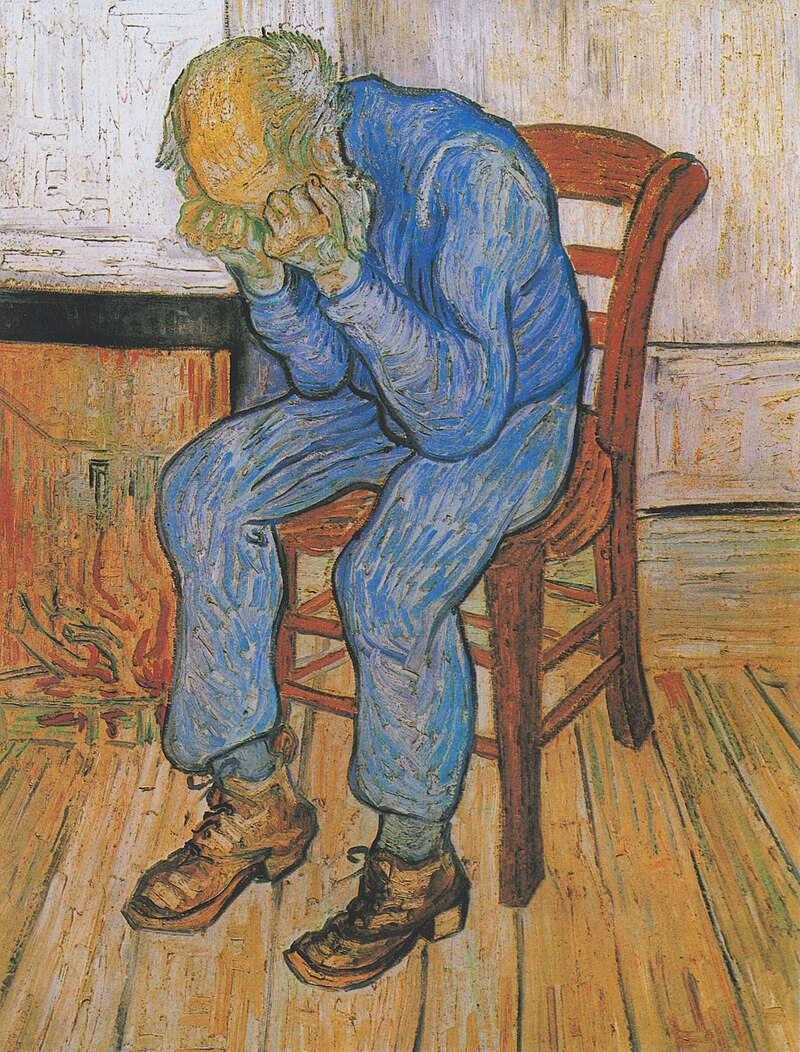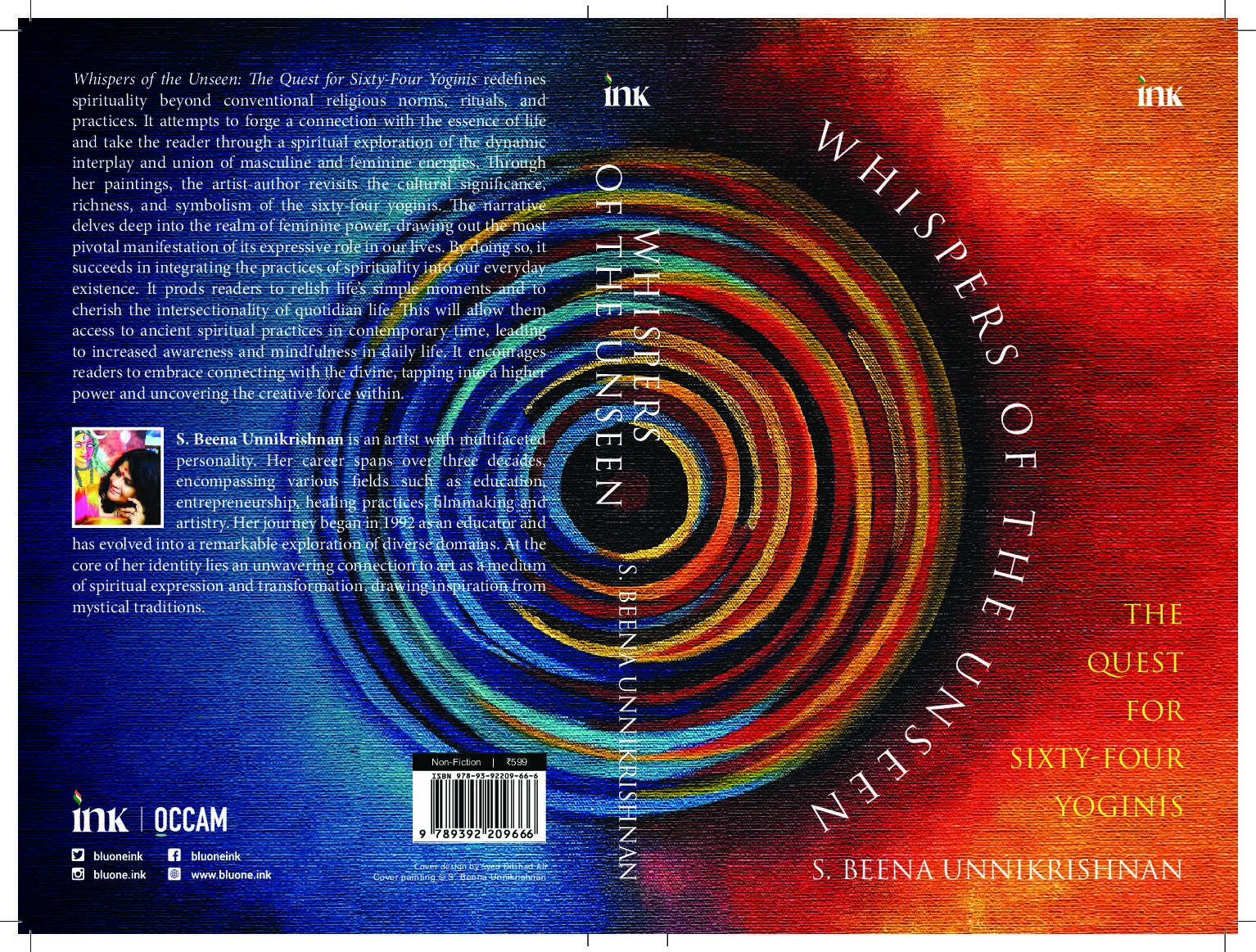India must beware of 2 families: Gandhis, Sangh Parivar
RSS and the Gandhi family have similar views and attitudes on a variety of subjects
Rajesh Dikshit | August 5, 2023 5:40 pm

Photo courtesy: Wikipedia.org
Does ideology matter in Indian politics? Those who rely on conventional wisdom would answer in the negative—and not without any evidence. For politicians and parties change their stands on various issues as per their convenience; expedience rather than principle guides their course of action. Yet, underlying the vicissitudes of shifting alliances and changing stances are fundamental beliefs—indeed dogmas—of two families which remain virtually unchanged: the Nehru-Gandhi family and the Sangh Parivar.
The Nehru-Gandhi family has, directly or indirectly, ruled the country for almost half a century. This includes 10 years of Manmohan Singh, when Sonia Gandhi was the decision maker, but excludes five years of P.V. Narasimha Rao, when the family was not involved.
There is nothing in these 50-odd years that shows the family’s proclivity towards economic reforms. Even if we assume that in the Cold War era socialism was the norm in developing nations, the Sonia Gandhi period was one in which the liberalizing drive of the previous 13 years (1991-2004) came to a halt.
This was despite the fact that the Congress-led United Progressive Alliance government was nominally headed by an executor of reforms in the country, Singh. Besides, there were such votaries of liberalization in the government as Singh and Montek Singh Ahluwalia. Yet, the 10 years of UPA were marked with status quo.
In fact, there were severe setbacks to the reforms process during UPA rule. Privatization, for instance, stopped.
Till 2004, one of the sentences commonly heard at the conferences organized by business chambers like Ficci and the CII was that ‘economic reforms are irreversible.’ Few said that after 2004.
For when Sonia Gandhi took charge of the nation with the help of the Left in 2004, the creatures everybody thought had become extinct came back—not with a whimper but a bang. Lutyens’ Delhi became Jurassic Park with red dinosaurs trampling everything they suspected of related to reforms, be it fiscal prudence or privatization. Remember A.B. Bardhan, the general secretary of the Communist Party of India, who famously said “Disinvestment Bhaad mein jaaye” (Let disinvestment go to hell)? It triggered, among other things, a bloodbath on Dalal Street.
While the Congress-Left alliance lasted four years, the damage it caused is yet to be taken care of. Reds and fellow-travelers laid down landmines in the economy that keep tripping reformers till date. The pre-1991 ancien regime experienced a resurrection in every possible manner—in phraseology (terms like ‘profiteering’ were revived), legislation (national rural guarantee law, the Forest Rights Act, etc.), anti-business attitudes (resistance to every big project), in almost everything.
Unfortunately, many RSS grandees also hold statist, socialist views. Their presence hindered much reform in Prime Minister Narendra Modi’s first term. In the second term, however, he has largely disregarded the Swadeshi rhetoric over trade, foreign, and strategic policies.
It is interesting to note that the RSS and the Gandhi family have similar views and attitudes on a variety of subjects. Both dislike liberalization; both see the US with suspicion; both want their versions of nationalism and secularism to be promoted zealously; both place ideology before politics, shibboleths above reason, and doctrinal claptrap over commonsense.
Narasimha Rao and Atal Bihari Vajpayee were India’s best prime ministers; both were also beyond the influence of the Gandhis and the RSS, respectively. Even in the case of Modi, whatever good has been achieved—infrastructure development, fiscal prudence, better Indo-US ties, et al—has been achieved independently of the desires of the saffron brigade.
The biggest problem the nation faces today is that the two families are gaining strength. Rahul Gandhi seems to have rejuvenated the Congress, not with new thinking but by embracing the discredited Left-liberal ideas which are expressed in evocative but vague terms like ‘Mohabbat ki dukan.’ As for economic policy, he has nothing substantive to offer; he ends up parroting pinkish theories about crony capitalism, inclusiveness, etc.
And then there are squeamish elements within the Sangh Parivar which incessantly promote the divisive narrative. Nasty and self-righteous, they have no compunctions in creating a socio-cultural atmosphere which breeds violence—whether it is an attack by a Railway police cop or riots in Haryana. Having imbibed the fallacy of tu quoque—whataboutery in common parlance—they tend to defend anything and anyone, even former Wrestling Federation of India president Brij Bhushan Sharan Singh and Manipur Chief Minister N. Biren Singh.
Both families are loath to shed their ideological dogmas: Rahul Gandhi evokes Savarkar despite the danger it poses to the Opposition alliance in Maharashtra; and the RSS-affiliated outfits refuse to tone down the divisive rhetoric despite the bad name it brings to their own government at the Centre. Paradoxically, the two families thrive by highlighting each other’s demagoguery.
India would have better governance and economic policy without the malignant presence of the two families.






























